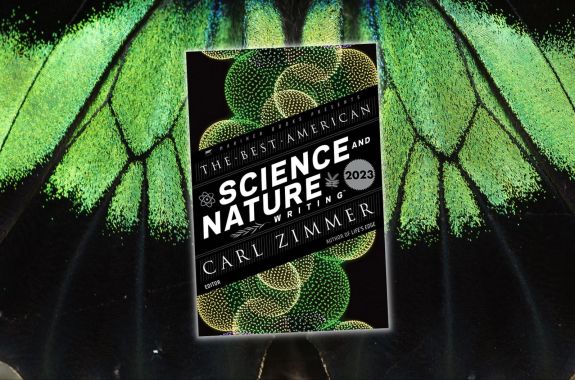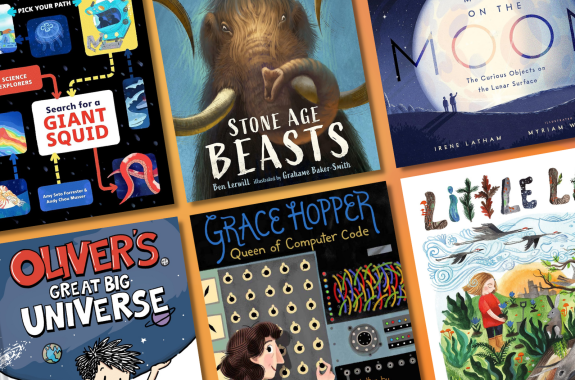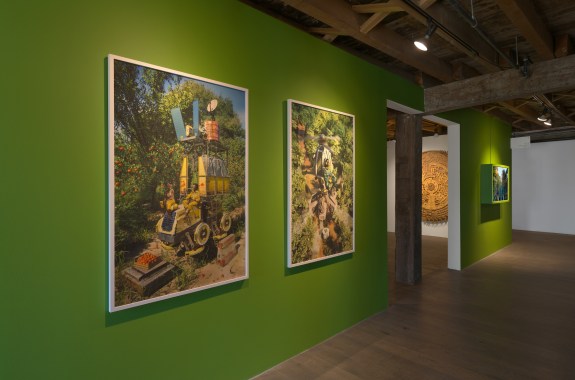SciFri Reads ‘The Best American Science and Nature Writing 2023’
On December 11, we’ll meet to reflect on their favorite stories from last year and the future of scientific discovery and journalism.
6:22
An Artist Explores The History Of Humans Genetically Modifying Pigs
With opera and visual art, an exhibit looks at modern genetic engineering—and thousands of years of breeding—of pigs.
25:48
2023’s Best Science Books For Kids
An editor and a children’s author weigh in on this year’s best STEM books for kids. Plus, listeners share their own favorites.
Monumental And Invisible: How Infrastructure Works
An engineering professor and author explains how modern life depends on vast, complicated systems you probably never think about.
The Elegance Of Infrastructure
A local power station probably wouldn’t be described as beautiful, but what’s going on inside possesses undeniable engineering elegance.
Pixel Art Conjures Nostalgia For A Screen Experience That Didn’t Exist
Crisply pixelated video games evoke nostalgia for decades past. But early games, played on boxy CRT televisions, just didn’t look like that.
How Five Elements Define Life On Earth
Is the secret to life really just wrangling carbon, oxygen, hydrogen, nitrogen, and phosphorus? Author Stephen Porder explains in a new book.
A Climate Change Exhibit Asks ‘What If We Get It Right?’
A new exhibit at Brooklyn’s Pioneer Works museum explores the possibility of a hopeful climate future.
How Carbon Fuels Life And Warms The Planet
Humans rely on altering the flow of elements. Author Stephen Porder sees a world where we manage Earth’s elements more wisely.
How Poisons Have Shaped Life On Earth
Poisons fill our pantries and gardens. The new book ‘Most Delicious Poison’ explores how common toxins have shaped life on Earth.








